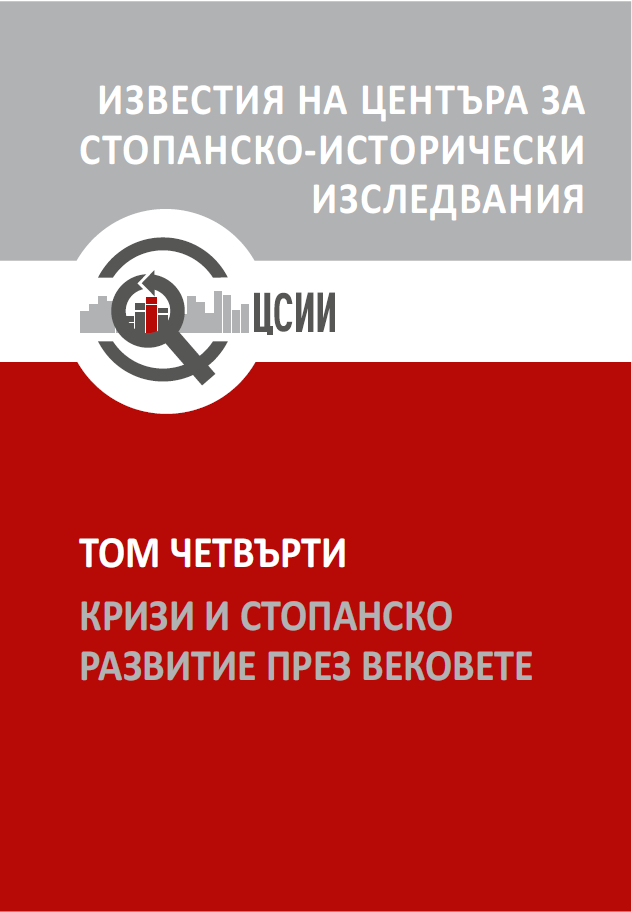Кризи и възможности за развитие: из стопанските практики на български търговци от втората половина на XIX в.
Crises and Possibilities for Development: Economic Practices of Bulgarian Merchants from the Second Half of the Nineteenth Century
Author(s): Svetla AtanasovaSubject(s): History, Economy, Business Economy / Management, Economic history, 19th Century
Published by: Център за стопанско-исторически изследвания
Keywords: crisis; regulation; development; economic practice; Bulgarian merchants.
Summary/Abstract: The subject illustrates internal and external factors and causative links, which bring economic instability, bankrupt threat and a need for change in the activity of the Revival period trade companies from the second half of the XIX century. Amongst the main reasons for instability are natural disasters and fires, national liberation movements on the Balkans in 1875 – 1876, the Serbian – Turkish war and the Russian – Turkish war, the economic collapse of the Empire, drop of the Turkish currency, overflow of the inner market with European factory goods and the fall of local manufactured goods, dishonest partnership and others. The consequences of the crisis lead to regulation and development: a change in companies, limitations to the scale of economic activity, transition of capital towards the industry, loaning of real estate and last but not least importantly – the establishment of new economic structures. In the research, cases of the practice of different merchants are analyzed – from Tarnovo – Todor Vasilev, from Svishtov – Dimitar and Grigor Nachovich, from Varna – Yanko Slavchev and others.
Journal: Известия на Центъра за стопанско-исторически изследвания
- Issue Year: IV/2019
- Issue No: 1
- Page Range: 119-131
- Page Count: 13
- Language: Bulgarian

